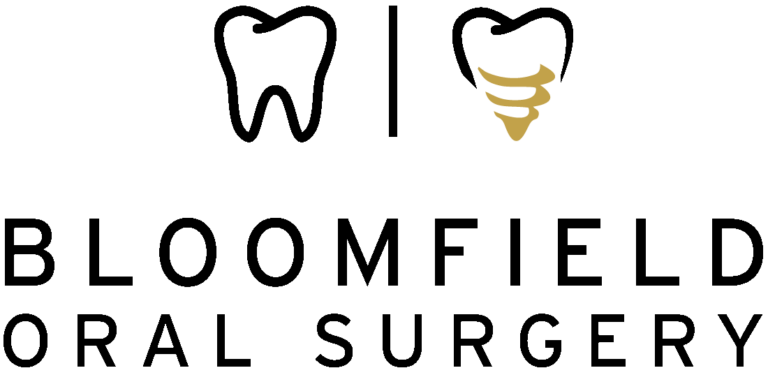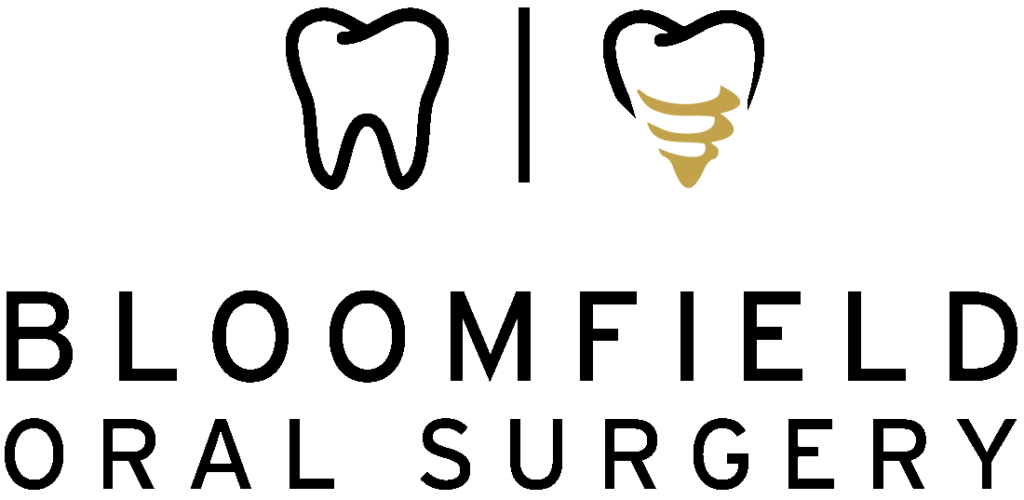Dental implants are a revolutionary solution for missing teeth, offering a permanent alternative to bridges and dentures. Bloomfield Oral Surgery specializes in the placement of dental implants, ensuring that patients regain both function and aesthetics with this advanced dental procedure.
Symptoms Indicating the Need for Dental Implants
When considering dental implants, it’s essential to recognize the signs and symptoms that indicate their necessity:
- Missing one or more teeth.
- Difficulty chewing due to tooth loss.
- Jawbone resorption or deterioration.
- Feeling self-conscious about gaps in your smile.
- Ill-fitting dentures causing discomfort or sores.
- Loss of facial structure due to missing teeth.
The Essential Role of Dental Implants
Dental implants has emerged as a revolutionary solution in modern dentistry, addressing both functional and aesthetic dimensions of oral health. They pave the way for a radiant, restored smile and counteract the bone loss often seen post tooth extraction. Their permanent nature ensures that recipients can bypass the hassles of periodic adjustments, truly reinventing the way oral rehabilitation is perceived.
Furthermore, the intrinsic benefits of dental implants extend to everyday functionalities. They play a pivotal role in enhancing speech clarity and bolstering chewing capabilities, making them a preferred choice for many. Dental implants have bridged the gap between aesthetic aspirations and functional necessities by offering a stable and long-lasting tooth replacement.
Treatment Process
The process of receiving dental implants involves several key steps:
- Initial Consultation: Dr. Forgach and Dr. Lehal will assess the condition of your jawbone and oral health to determine the suitability for implants.
- Bone Grafting (if required): If there’s insufficient bone, a graft might be necessary to ensure a stable foundation for the implant.
- Implant Placement: A titanium post, acting as the tooth root, is surgically implanted into the jawbone.
- Osseointegration: The jawbone will fuse with the implant over a few months, providing stability.
- Abutment and Crown Placement: Once healed, an abutment is placed on the implant, followed by a custom-made crown to mimic the appearance of a natural tooth. Typically, this process is completed by your general dentist.
Safeguarding Your Dental Investment
Dental implants, while highly durable and successful, demand a degree of diligence to guarantee their prolonged effectiveness. The uncompromised commitment to impeccable oral hygiene is at the forefront of this maintenance regime. This retains the implant’s structural integrity and wards off potential infections that could compromise the surrounding tissues.
In addition to personal care routines, regular dental assessments with your general dentist, Dr. Forgach and Dr. Lehal are instrumental in monitoring and ensuring the implant’s health. It’s also paramount to sidestep certain habits; smoking, for instance, can hinder post-surgery healing and compromise the implant’s stability. Similarly, being mindful and avoiding excessive force or pressure on the implants can further extend their lifespan, ensuring they remain a steadfast and functional part of one’s oral anatomy.
A Brighter Dental Future with Implants
Dental solutions have been significantly enriched with the introduction of dental implants. Their cutting-edge design and remarkable compatibility with human anatomy position them as a reliable and enduring tooth replacement alternative. When these implants seamlessly integrate with the jawbone, they exhibit a stability that mirrors natural teeth.
Furthermore, the longevity of dental implants is truly noteworthy. With dedicated care, adherence to recommended oral hygiene practices, and regular dentist visits, these implants can serve individuals effectively for decades. It’s a testament to their design and their transformative impact on a person’s dental health and overall quality of life.
Frequently Asked Questions
What are the primary benefits of dental implants?
Dental implants not only restore the aesthetic appeal of your smile, but also prevent bone loss, improve speech and chewing abilities, and offer a permanent tooth replacement solution.
How long is the recovery process after getting dental implants?
The recovery time can vary based on individual factors and whether bone grafting was performed. However, the initial healing typically takes a few weeks, with complete osseointegration of the implant taking a few months.
Are dental implants suitable for everyone?
Most people are candidates for dental implants. However, it is crucial to have a detailed consultation to assess risks. A detailed consultation with Dr. Forgach or Dr. Lehal can provide a personalized assessment.
Embarking on Your Dental Journey
For those seeking to rejuvenate their smiles, Bloomfield Oral Surgery stands as a beacon of expertise. With Dr. Forgach and Dr. Lehal at the helm, you’re not just getting dental implants; you’re getting a renewed sense of confidence. Reach out to us, schedule a consultation, and let’s set the foundation for your vibrant smile.


